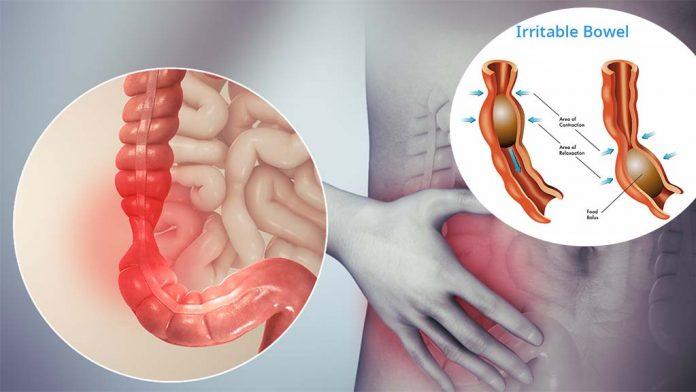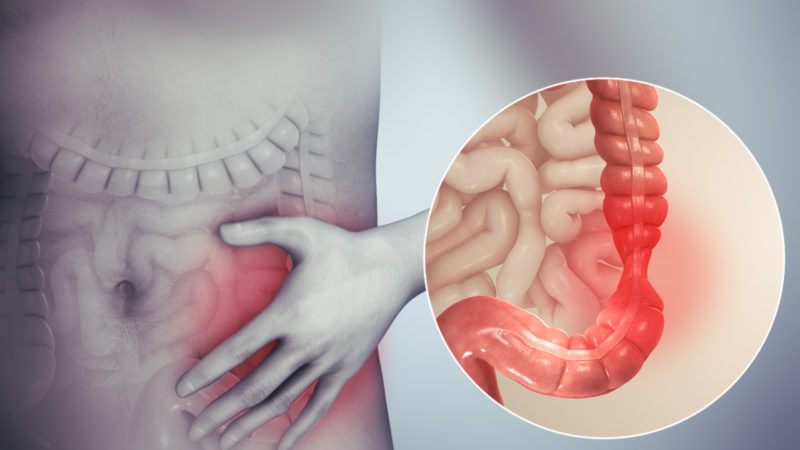Is Running On An Empty Stomach Good For Your Health?

Running is one of the best aerobic exercises for every person, no matter what age and gender. It is a convenient and super versatile activity that can be tailored to suit every person’s goal and lifestyle. Not only this, but regular running is also known to promote many health benefits. But have you ever wondered whether running on an empty stomach is good or bad?
Most people prefer to go on a run with an empty stomach first thing in the morning. A gap of at least 6-8 hours between the meal and your running session is known as fasted running.
When your stomach is empty, the glycogen levels in your body are very low. Glycogen is stored in the form of carbohydrates and used by our body as a primary energy source. This is where the benefits of running on an empty stomach are derived from.
In this article, we will discuss in detail what are the health benefits of running on an empty stomach and why it is not for everyone.
Benefits of running on an empty stomach
Here are some of the potential benefits of running on an empty stomach
Increased fat oxidation
Fasted running is known to provide positive effects on burning fat. The idea behind this is that our body uses fat as an energy reservoir when the carbohydrate levels are very low. This, in turn, results in oxidation or fat burn.
A study from 2015 done on ten males presented when the workout was done before eating breakfast, it resulted in fast fat oxidation. When the same experiment was done on females, it was found that in women, lack of carbs prevents fat oxidation. The research is quite conflicting, and more extensive research is required.
Reduced energy intake
Suppose your goal is to lose weight. Fasted running can help in controlling energy intake.
According to a 2016 study done on 12 males, it was found that running on an empty stomach; the participants consumed fewer calories in over 24 hours. This is because the liver stores glycogen, and when the glycogen levels in the muscle and blood deplete, the body directly tapes the liver.
Improve aerobic endurance
There is much evidence that one another health benefits of running on an empty stomach increase aerobic endurance.
A 2012 study presents that fasted exercise is associated with high levels of VO2 max. VO2 max is the maximum oxygen uptake of the body during intense physical exercises. It measures the over fitness, including aerobic endurance of the body.
Fewer digestion problems
Experiencing digestive issues is normal during prolonged exercises. Some of the most common digestive issues are:
- stomach or intestinal cramps
- diarrhea
- Vomiting
- nausea
These symptoms tend to affect the performance 0f athletes who train or run for long distances or periods. Running on an empty stomach can be the best solution to this problem.
Drawbacks of running on an empty stomach
With every good side comes a bad one too. Here are some of the possible side effects of empty stomach running.
Reduced training intensity
Although the body uses fat to fuels for workout sessions, it is not sustainable. When the fat stores in the body fail to meet the requirements of running, you will experience fatigue. This can create a hindrance in the high-intensity workouts or high pace run.
Injury risk
When the energy stores of the body keep on declining, we tend to feel exhausted. Fatigue increases the risk of injury during workouts plus our brain also requires glucose to function properly. This is even more essential during an exercise routine when the body is using the stored glucose as an energy source for the muscles.
Fasted running may not provide enough energy sources to the brain, and it may get difficult to practice proper forms during workout.
Muscle loss
Cortisol is a type of hormone that is produced by the adrenal glands. This helps in controlling the basic function like stress response and blood glucose.
Higher cortisol levels help in promoting protein breakdown in the muscles. This, in turn, increases weakness and muscle loss in the body. Also, the cortisol levels are the highest during the morning.
Risks for certain conditions
Fasted exercise is not right for everyone. If you have diabetes, then running on an empty stomach can cause hypoglycemia (low sugar levels). Taking diabetic medication like insulin may further develop exercise-induced hypoglycemia. Alyas, remember to check your blood sugar levels and to eat a healthy snack before running in the morning.
Similarly, fasted running can cause low sugar levels if you have Addison’s disease. Therefore, it is important to always check with your doctor before you do any kind of exercise.
Ineffective for long-term weight loss
Many researches present fasted running can help in increasing fat burn; however, it may not be very effective for long term weight loss goals.
A study done in 2014 on 20 people presents that exercise produces the same results on weight loss when done before or after eating. According to these findings, there is no difference in the results of body composition during fasted running. This is because of the way the body regulates fuel source. When we burn high amounts of fat during running on an empty stomach, the body compensates by reducing fat burn later. Instead, it utilizes more glycogen.
What is the way to go?
Generally, it is recommended to eat something before running in the morning/evening. This will provide your body enough fuel to exercise efficiently and safely.
You can stick to a low to moderate pace of running when going on an empty stomach. Long-distance running or high intensity running require a lot of energy, so it is always safe to eat.
What to eat before and after running in the morning/evening?
If you want to eat before running in the morning, always choose light snacks and focus on consuming healthy carbs. Eat the snacks at least 1-3 hours before going on a run.
Some of the best things to eat before running are:
- whole-grain cereal
- banana
- whole-wheat toast
- yogurt
- apple
- granola bar without sugars
Focus on eating healthy carbs and lean protein after 2 hours of running. These nutrients help in muscle recovery and replenish the glycogen levels.
Some of the best healthy snack to eat after a run:
- turkey sandwich with vegetables & whole wheat bread
- peanut butter and oatmeal
- salmon with quinoa & avocado
- yogurt and fruit
- fruit smoothie with nut butter and Greek yogurt
It is also important to drink enough water before, during, and after your run to avoid dehydration.
Final Words
Every person is different, and it is mandatory to do what suits your body. Some people may find running on an empty stomach the best. If this is the case, you stick to light and moderate-intensity runs as a safe bet. Intense runs require pre-workout meals to provide energy fuel for a proper workout. If you are a beginner at running or have some chronic disease, always consult your doctor before trying fast.






